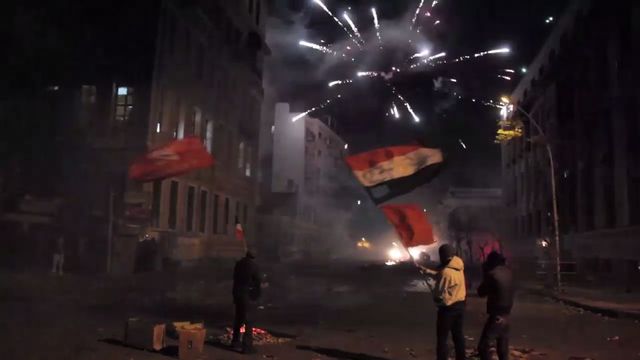1st ArtLeaks Working Assembly 2012
ArtLeaks invites you to a public working assembly around the issues that are at the core of the group's mission - exposing instances of abuse, corruption and exploitation in the art world. This is the official public launch of our platform, which began to operate in September 2011, and will be followed by a series of debates and workshops in the near future. These present a unique opportunity to engage more directly with conditions of cultural work that affect not only artists but creative workers in general: those from the traditionally creative fields as well as those generally involved in cultural production.
Read
